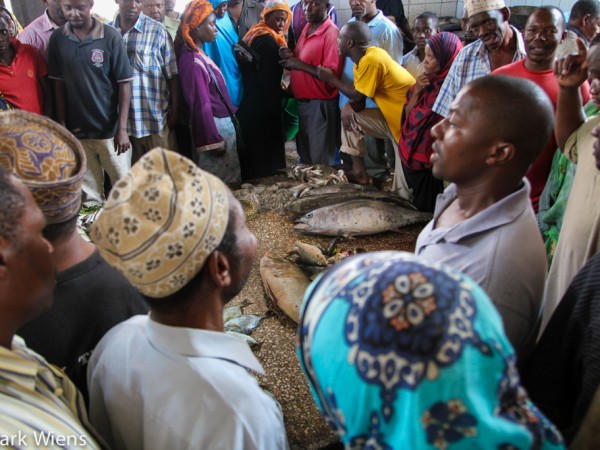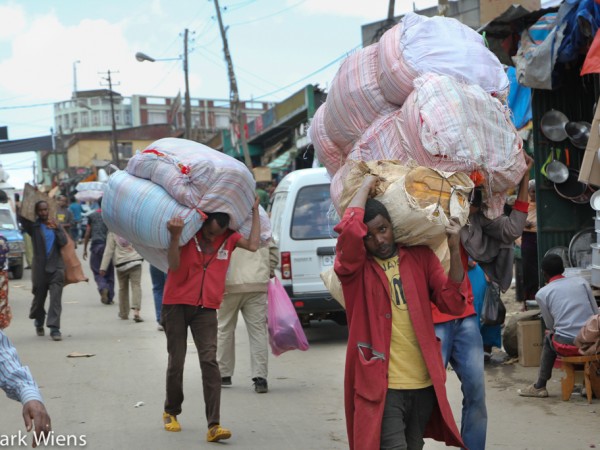
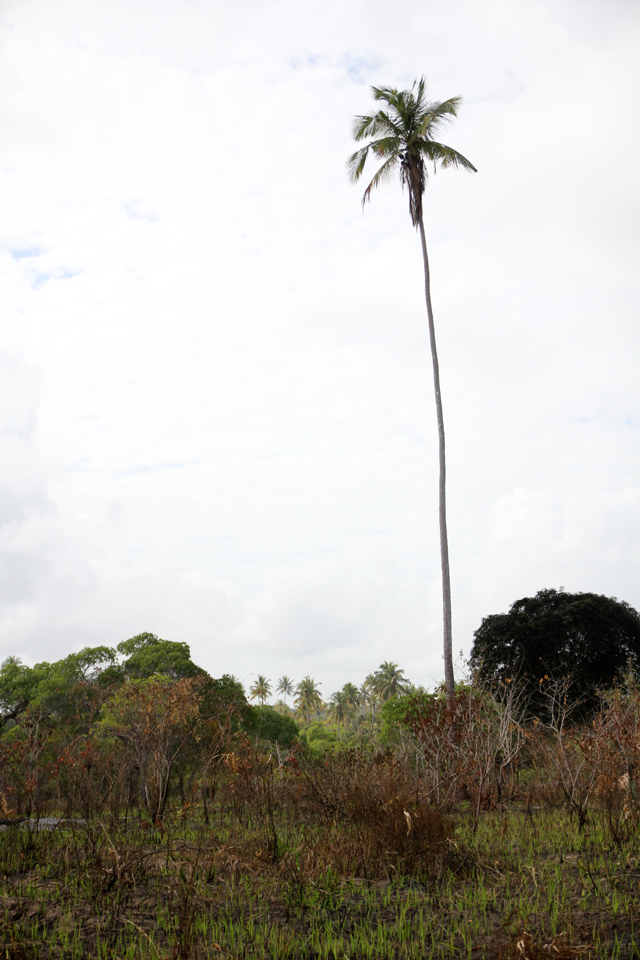
One day while in Dar Es Salaam, Tanzania, we headed out to the shamba (Kiswahili word for garden).
Just a short but memorable dalla dalla (local public bus) from the always chaotic Mbagate district of town, then down a bumpy sandy two tire lane country road, and we arrived.
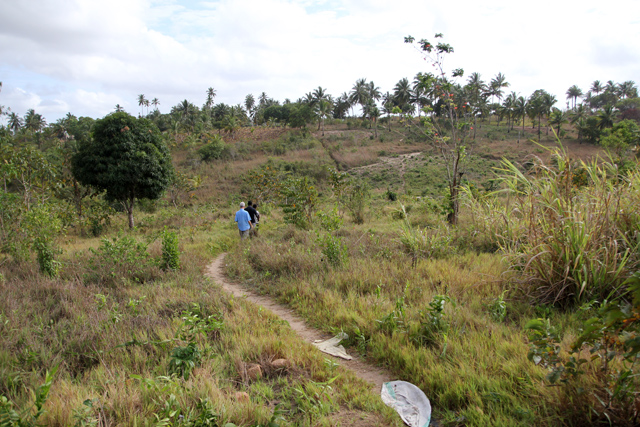
In this area of Tanzania, with little rain and sandy soil, many of the locals and the shamans held belief that the land was un-farmable.
Impossible to grow anything!
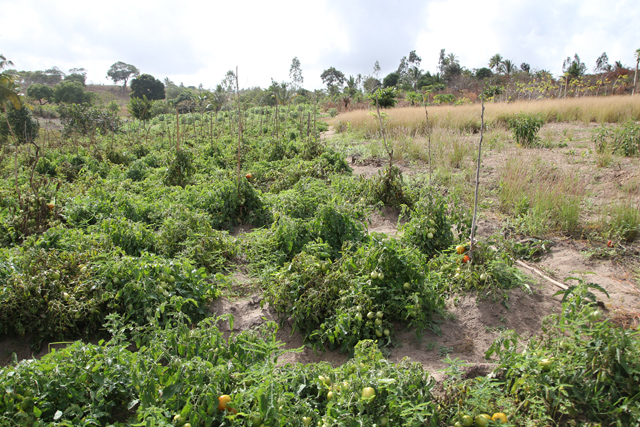
Contrary to what others said, my friend decided to farm the land.
Get exclusive updates
Enter your email and I’ll send you the best travel food content.
To the disbelief of the local villagers in the area, the tomatoes he planted not only grew, but they continue to thrive and each plant is now producing an unimaginable amount of fruit.
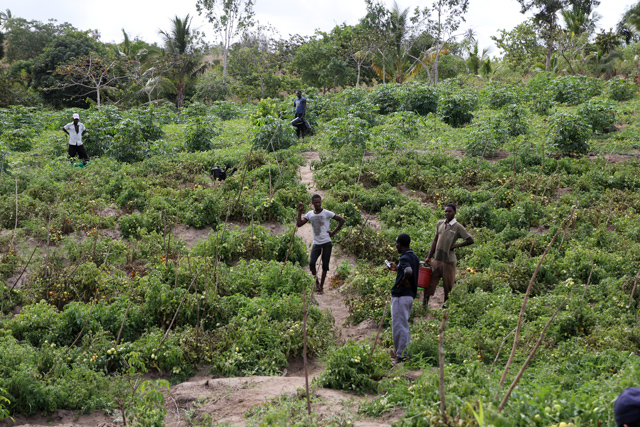
With the help of a small crew the land is farmed and cared for. Along with tomatoes, the shamba also has watermelon and cassava.
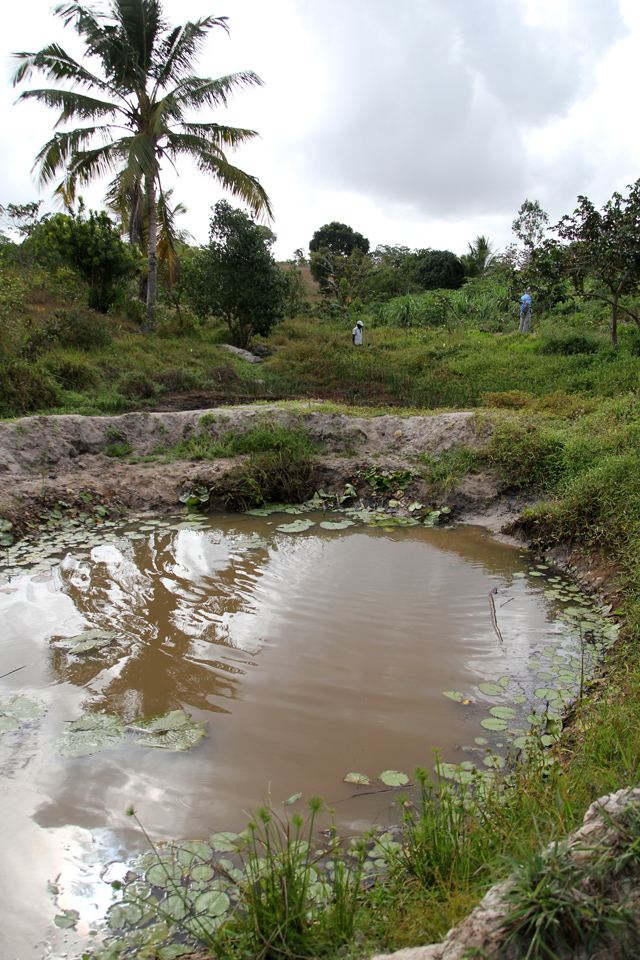
Digging a number of wells, where fresh water is continually available even throughout the barren dry season, the garden has a steady supply of water.

All by hand, everyday, two hard workers grab buckets of water and feed each tomato plant.
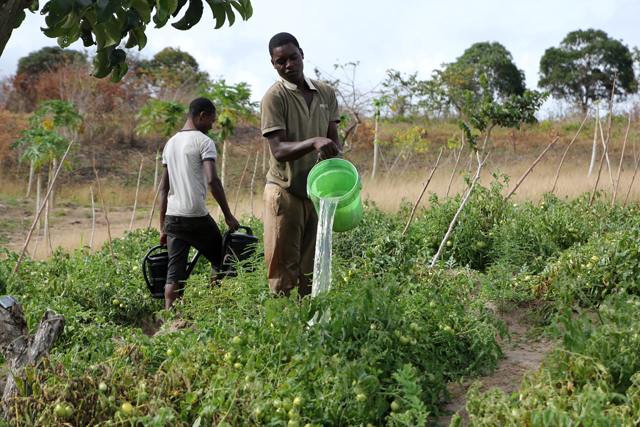
It takes a long time and the work is laborious, but the results and the fruit that each plant produces is remarkable.
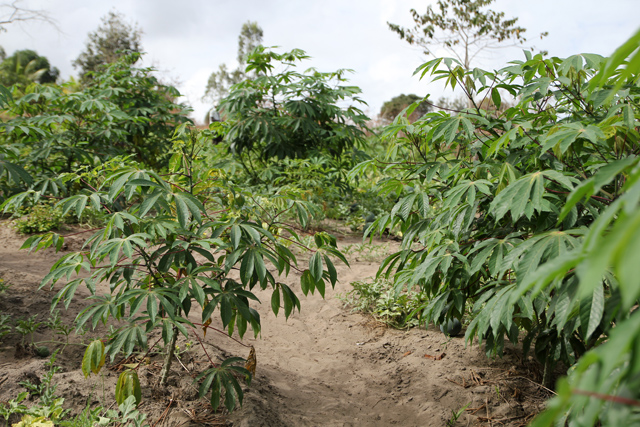
Cassava is relatively easy to grow, and on the edges of the tomato plants, it grows healthily.
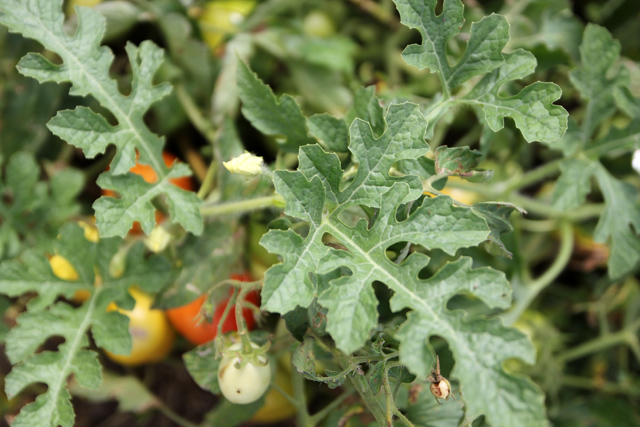
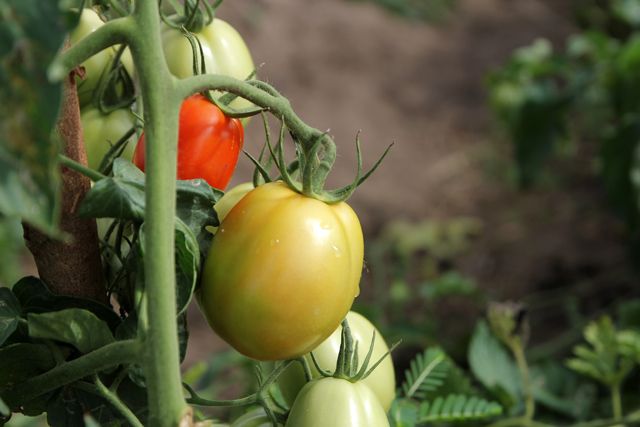
The tomatoes were healthy and glistening in the morning sunshine when we arrived.
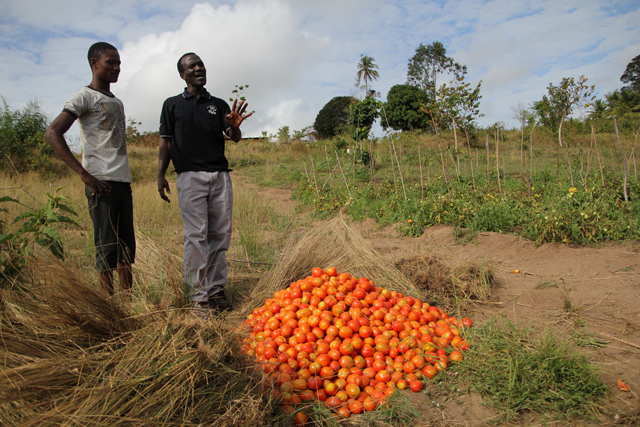
Picked a little green, the tomatoes are then covered with grass until ripening up, and then they are taken via bicycle to the market for distribution.
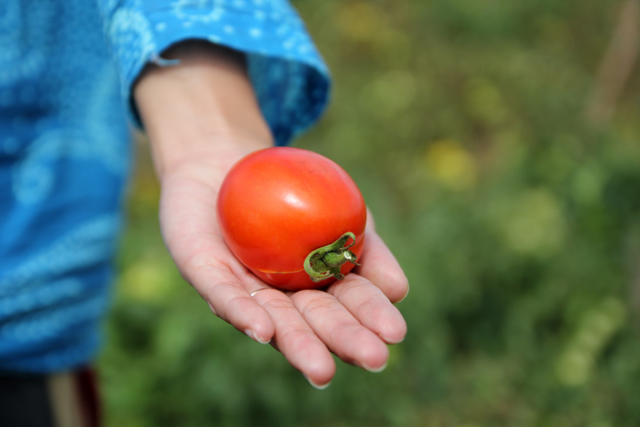
1 wooden crate full of tomatoes, I’m guessing that’s about 25 kilos or so, sells for 12,000 TZS ($7.26) at the local market.

We headed back to Dar Es Salaam with a few sacks full of fresh, organic, and highly flavorful tomatoes.
Related articles
Get exclusive updates
Enter your email and I'll send you the best travel food content.






